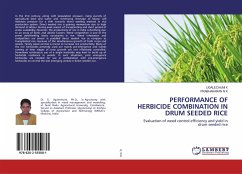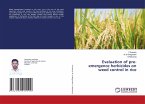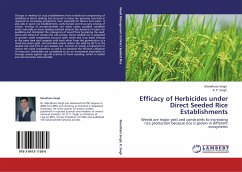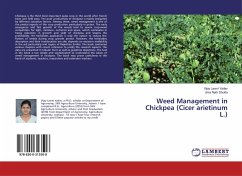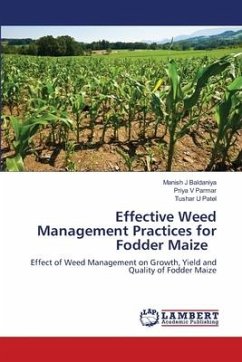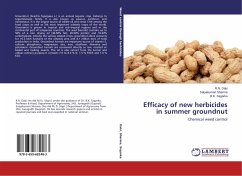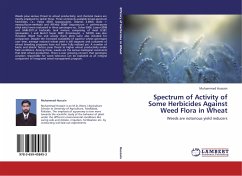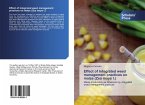In the 21st century, along with population pressure, rising scarcity of agricultural land and water and continuing shortage of labour will maintain pressure for a shift towards direct seeding method in rice production system. Direct seeded rice is gaining momentum due to high demand of labour during peak season of transplanting and short period of water availability. However, the productivity of rice in India is declining due to an array of biotic and abiotic factors. Weed competition is one of the prime yield-limiting biotic constraints in rice. Weed infestation and competition are severe in puddled direct seeded rice as compare to transplanted rice, because of the simultaneous growth of both crops and weeds. Timely weed control is crucial to increase rice productivity. Many of the rice herbicides presently used are mainly pre-emergence and weeds coming at later stages of crop growth are not effectively controlled. Sometimes continuous use of a single herbicide may lead to buildup of herbicide resistance in weeds. In such situations, post emergence herbicides are needed for use in combination with pre-emergence herbicides to control the late emerging weeds in direct seeded rice.

